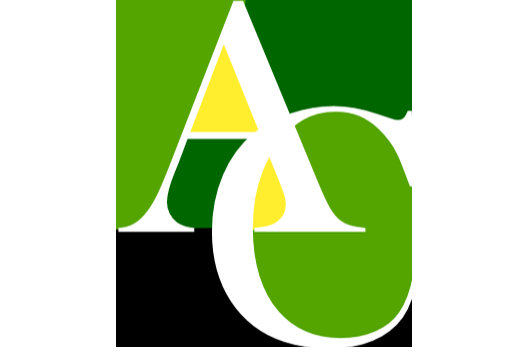Your Guide to Industrial Coatings: Epoxy, Polyurethane, and More
When it comes to protecting industrial surfaces, the right coating is your starting point. Industrial coatings are a crucial part of maintenance, safety, and efficiency in various industrial settings. But with so many options available, how do you choose the right one for your needs? Let’s go through the different types of industrial coatings in New England and help you make an informed decision.
What Are Epoxy Industrial Coatings?
Epoxy coatings are known for their durability and resistance to chemicals, making them ideal for floors in manufacturing plants, warehouses, and commercial garages. They form a hard, protective layer that’s not only tough but also bonds excellently to a variety of surfaces. Epoxy coatings are a great choice if you’re looking for a balance between toughness and aesthetic appeal.
Alkyd/Oxidative Industrial Coatings
Alkyd or oxidative coatings are oil-based and are cured through a reaction with oxygen. They offer a smooth finish and are commonly used on metal surfaces due to their resistance to moisture and wear. Alkyd coatings are suitable for environments that aren’t excessively harsh and are a cost-effective option for general industrial use.
Polyurethane Industrial Coatings
Polyurethane coatings are versatile and can be adjusted for different levels of hardness and flexibility. They are known for their UV resistance, making them perfect for outdoor applications. Polyurethane coatings provide a durable finish that’s resistant to abrasions and chemicals, suitable for machinery, equipment, and outdoor structures.
Water-Based Industrial Coatings
Environmentally friendly and low in volatile organic compounds (VOCs), water-based coatings are becoming increasingly popular. They are easier to clean up and less hazardous to apply. While they might not be as durable as other types, they are suitable for applications where environmental regulations are a concern.
Comparing 1K and 2K Paints1K vs. 2K Paints
1K (one-component) paints are ready to use straight from the can and cure through air drying. They are user-friendly and ideal for smaller projects or touch-ups. In contrast, 2K (two-component) paints require a hardener or activator before use and cure chemically. They offer superior durability and resistance, making them a better choice for demanding industrial environments.
Factors for the Right Epoxy Industrial Coating for Your Application
Environment: Consider the exposure to chemicals, UV light, and physical wear.
Substrate: Different coatings adhere better to certain surfaces.
Application Process: Some coatings require specialized equipment or environmental conditions for application.
Regulatory Compliance: Ensure the coating meets industry-specific safety and environmental regulations.
Aesthetics: Coatings come in various finishes and colors.
Contact Arthur Cole Painting Corporation for Industrial Coatings in New England
For expert advice and high-quality industrial coatings in New England, turn to Arthur Cole Painting Corporation. Our team can guide you through selecting the perfect coating for your industrial application, ensuring durability, compliance, and cost-effectiveness. Contact us for more information and to discuss your specific coating needs.
